As a homeowner, you undoubtedly want your home to be a safe place for you and your family. However, an unfinished basement in your home could harbor some unexpected health risks that may not be apparent at first glance.
From the potential presence of asbestos and lead paint to the risk of mold growth or carbon monoxide poisoning, there are many legitimate health hazards hidden away in those dark corners that can present danger if they go unchecked.
In this blog post, we’ll take a look at exactly what these health hazards are and how you can take proactive steps toward making sure that your family stays safely out of harm’s way.
To learn more about basement issues check out these basement problems including drainage problems as well as frost damage related issues and how to avoid them.
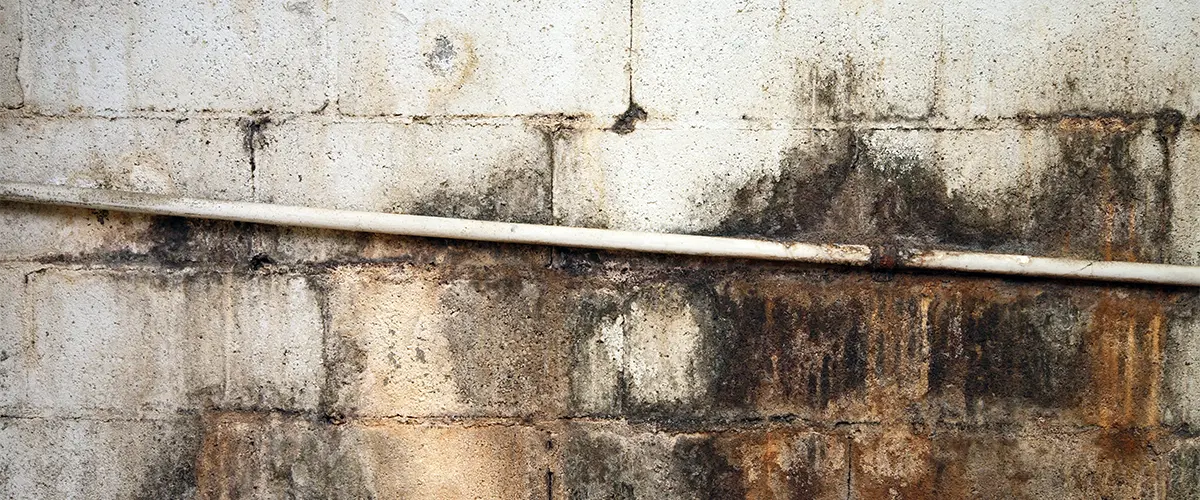
The 5 Most Common Health Hazards In A Basement
It’s no secret that basements can turn into a breeding ground for dust and other pollutants, making you uncomfortable and affecting your respiratory health.
Even something as trivial as installing basement windows can go a long way in making this space a safe and livable one.
From volatile organic compounds released by sewer gases to basement cracks that allow mold spores to thrive out of sight, you must be aware of the health hazards that lie without your walls.
#1. Mold And Mildew
Did you know your basement could be a breeding ground for hazardous fungi? Mold and mildew thrive in the dark, damp environments, and they can cause various health problems if left unchecked.
How can you fight back? Keep your basement dry by repairing leaks and using a dehumidifier to reduce moisture levels. It’s also crucial to clean up spills and avoid storing items prone to mold growth, such as cardboard boxes and fabrics.
Using epoxy flooring in your basement can minimize moisture absorption and help prevent mold growth.
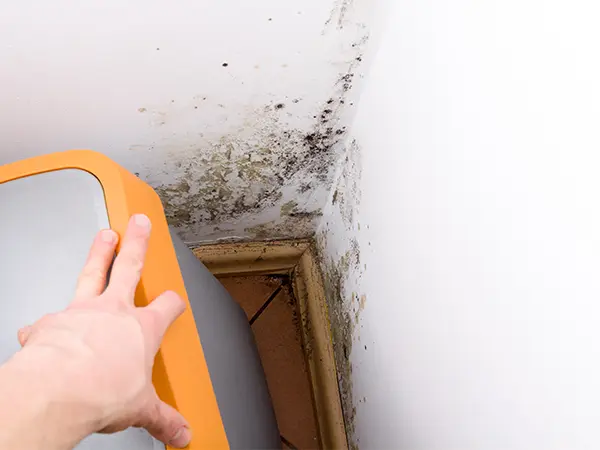
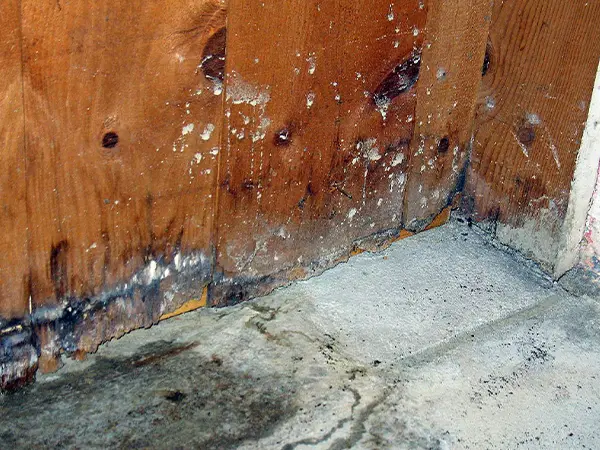
#2. Radon Gas
Mysterious and stealthy, radon gas can sneak into your home through unsuspecting cracks and crevices. This naturally occurring radioactive gas is a silent threat to your well-being.
This is not just any gas – long-term radon exposure can pose a severe health risk, increasing your chances of developing lung cancer. Don’t fret, though, for there are tools to beat it.
A radon test kit can help you detect whether your home has high levels of this toxic gas, and if it does, invest in a radon mitigation system to purify your home and air, keeping you and your loved ones safe and sound.
#3. Sewer Gases
Did you know that the infamous sewer gases lurking beneath your home contain smelly methane and highly toxic ammonia and hydrogen sulfide?
To make matters worse, some other chemicals and solvents get thrown down the drain, making the fumes even more dangerous.
And, if the plumbing trap designed to block these gases dries out, they can easily seep into your home through the basement floor drain. To avoid these nasty health hazards, give your floor drain a good flushing now and then.
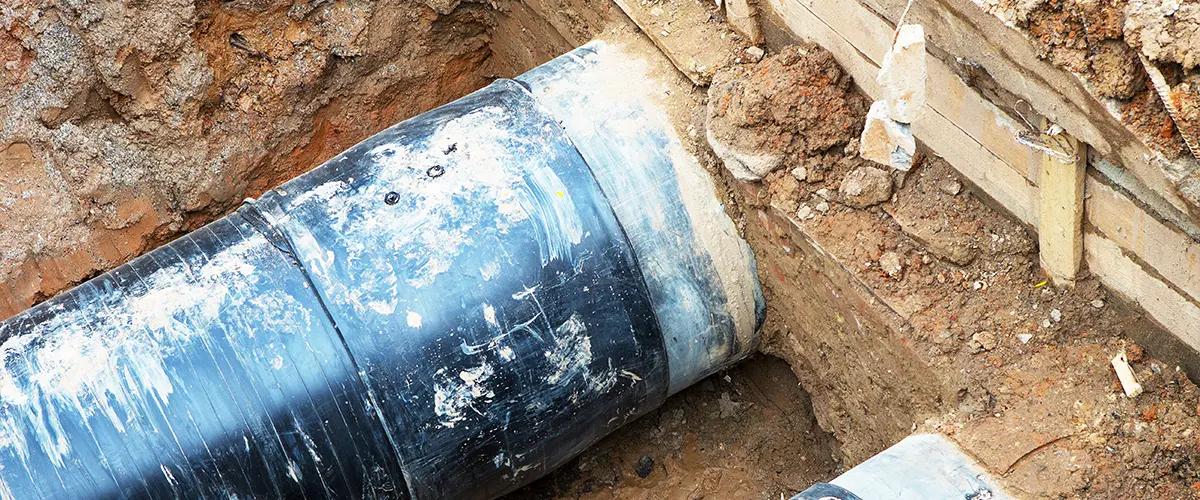
#4. Carbon Monoxide
Carbon monoxide has become the silent killer lurking in your basement. With fuel-burning heat sources like gas furnaces and water heaters, it’s easy for this deadly gas to accumulate to high levels, causing headaches, dizziness, and even death.
But overcoming carbon monoxide is possible with simple precautions, like regular servicing and proper venting of appliances. Install carbon monoxide detectors throughout your home to stay alert and safe from this deadly threat.
Have your furnace inspected and consider furnace insulation to make sure no carbon monoxide can possibly threaten your household.
#5. Asbestos
Asbestos is a naturally occurring mineral that was commonly used in construction materials in the past. Asbestos exposure can cause lung cancer, mesothelioma, and other respiratory issues.
To overcome asbestos, it’s essential to have your home inspected by a professional if it was built before the 1980s. It’s best to leave asbestos removal in the hands of a professional.
They have dealt with this before and can safely remove it without putting you or your family in danger.
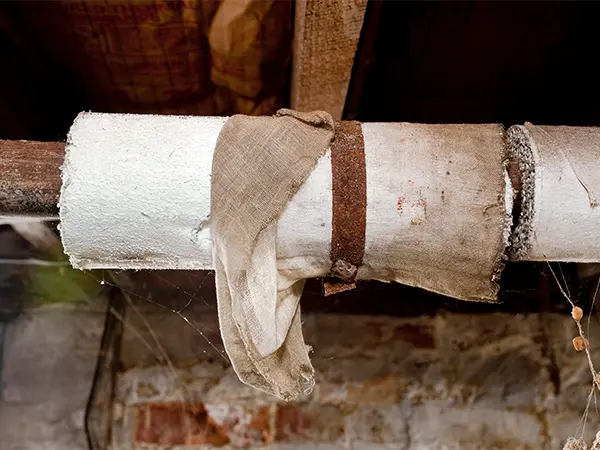
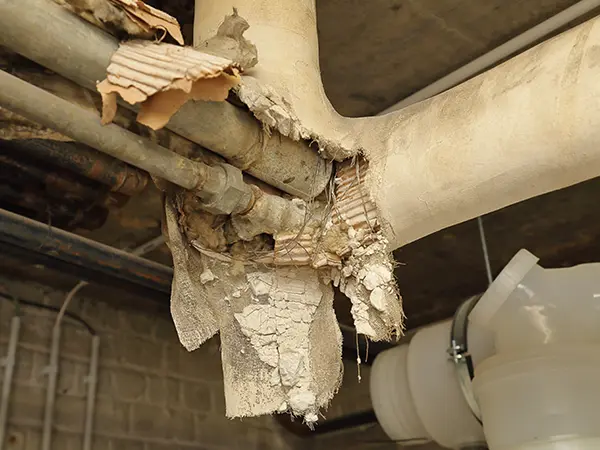
#6. Unvented Dryers
Did you know that not all basement laundry areas have proper dryer venting to the outdoors? Some homeowners choose a workaround using a device that catches lint and recirculates warm air in the basement.
However, this option has a significant downside: chemicals from your laundry detergent are circulated back into the air you breathe in the basement. Prolonged exposure to such chemicals can lead to respiratory problems.
So, if you love spending time in your basement, consider venting your dryer outdoors for better air quality.
#7. Solvents
We’ve all been guilty of storing half-empty cans of paint, varnish, and adhesives down there, but did you know this can introduce harmful volatile organic compounds into your home?
Exposure to these chemicals can lead to allergies, nervous system disorders, and even chronic health problems. Take a quick inventory of your stored solvents and toss any that have leaked.
And next time you’re in the market for paint or varnish, opt for low-VOC products for a safer and healthier home.
#8. Pests
Your basement might be a haven for unwelcome guests like termites, rats, and cockroaches, which can wreak havoc on your property and your well-being. Imagine searching for your belongings only to discover an infestation of pesky pests.
Not only is it frustrating, but it can also pose a serious health risk. Certain household pests are known carriers of diseases, so it’s crucial to keep your space pest-free for the sake of your family’s health.
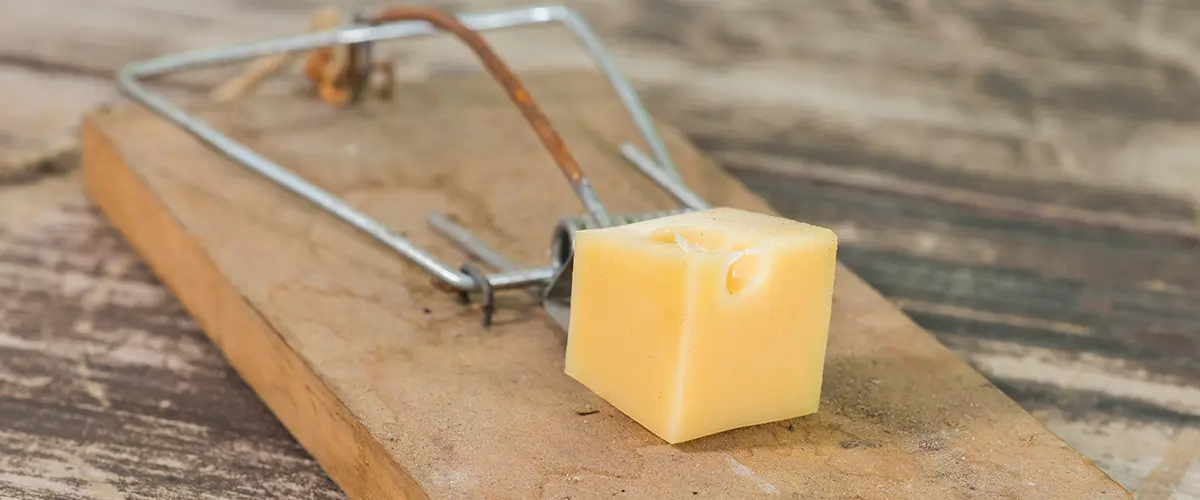
#9. Poor Indoor Air Quality
We all know that poor air quality can lead to seriously unpleasant health issues like headaches and respiratory problems.
Avoid having too much cigarette smoke and use smoke detectors when possible. Prevent sewer gases that compromise your family’s health.
Dodge allergic reactions using air purifiers and proper ventilation. Consider basement waterproofing to keep moisture away.
Goodbye, Dangerous Basements!
Basements are the foundation of any house (literally). However, with the potential of specific health hazards, it’s essential to understand what precautions one should take when remodeling these spaces.
Mold and mildew, radon gas, sewer gases, carbon monoxide, and asbestos are among basements’ most common health hazards. There may also be lingering solvents or poor air quality.
Home Matters Construction can answer any questions you might have about protecting yourself from health hazards in your basement renovation process. We offer professional basement remodeling services in Papillion and surrounding areas.
If you’d like help transforming your basement into a safe, beautiful space, give us a call today at (402) 661-0910 or request a free quote now!
